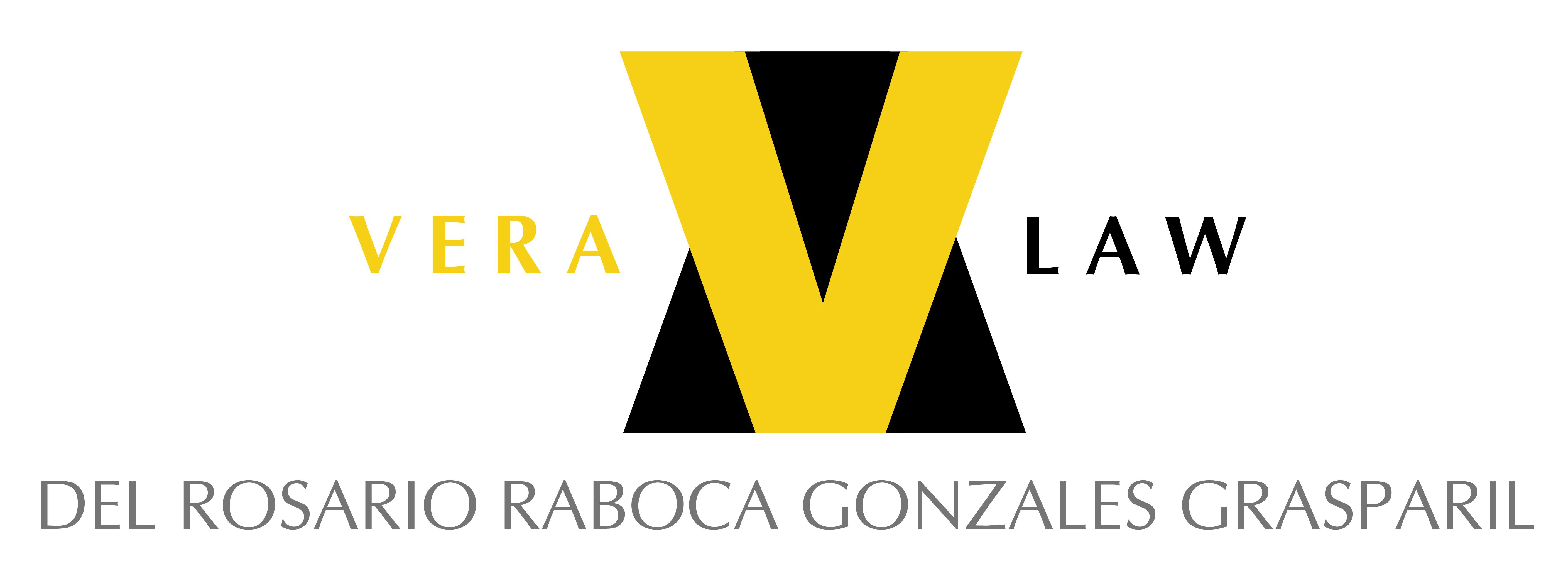In general
In view of the Covid-19 pandemic, the Supreme Court authorized the electronic filing of pleadings and the use of videoconferencing in conducting hearings. This applies to all matters pending before the courts, in both criminal and civil cases, whether newly filed or pending and regardless of the stage of trial.
Inquiries and Status Updates on Cases
Under General Community Quarantine, all courts shall be in full operation starting 1 June 2020 in the National Capital Region from Monday to Friday, 8 in the morning to 4:30 in the afternoon, while those in Regions 1 to 12 are open until 5 in the afternoon.
All inquiries on cases and transactions, including requests for documents and services, shall initially be coursed and acted upon only through the hotline numbers, email addresses and/or Facebook accounts of the courts, as posted on the website of the Supreme Court. No walk-in requests shall be entertained by any of the branches or offices of the courts.
The contact information can be found in Annex “A” of Administrative Circular 32-2020, dated 20 March 2020.
Videoconferencing Procedure
Under Administrative Circular No. 41-2020, the hearing of cases, regardless of stage, shall be heard in-court, except those cases involving Persons Deprived of Liberty. However, the Supreme Court’s Public Information Office clarified on 31 May 2020 that videoconferencing will still continue during GCQ. Accordingly, the videoconferencing hearings in both criminal and civil cases shall be upon the filing of the proper motion and the court, using its sound discretion, can either grant or deny the same.
The videoconferencing is held through the Microsoft Teams Application. The List of Courts with Microsoft Office 365 are provided here.
Electronic Filing of Initiatory Pleadings
All initiatory pleadings, in both civil and criminal cases, including criminal complaints, informations, and applications for bail, together with all the required documents in relation thereto, may be filed electronically and shall be received by the Regional Trial Courts, Family Courts, and First Level Courts through their addresses found in the aforementioned Annex “A” of A.C. 32-2020.
The raffle of cases in all the court stations in the areas under GCQ shall proceed regularly, electronically, in eCourt stations. Raffle through videoconferencing shall no longer be conducted.
Electronic Filing of Pleadings and other submissions
Pleadings and other court submissions on pending cases may be electronically filed directly with the branch where the case is pending, if the said branch has an official email address. Otherwise, the pleadings and other court submissions on pending cases may be filed electronically with the Office of the Clerk of Court, which shall forward the said transmissions to the branches where the cases are pending.
Trial Videoconference
If allowed for videoconferencing, testimonies of litigants and witnesses that are given through videoconferencing shall closely resemble trial proceedings conducted inside the Court. Needless to say, the same decorum and solemnity shall be mirrored in videoconference proceedings.
The taking of the testimony of a witness in a place other than where the court is located, through videoconferencing, is akin to the taking of a deposition upon oral examination, pursuant to Sec. 1, Rule 23, as amended, and shall be allowed. If the witness will be testifying on: (i) duly subscribed written statements given to law enforcement or peace officers; or (ii) affidavits or counter-affidavits submitted before the investigating prosecutor; or (iii) judicial affidavits, subject to additional direct and cross-examination questions, the said documents and affidavits must be received by the court and the parties through electronic transmission in accordance with the Rules on Electronic Evidence, at least three (3) days prior to the scheduled videoconferencing hearing.
Electronic Filing for Appeals
The Court of Appeals, Sandiganbayan, Court of Tax Appeals, and Supreme Court shall continue to receive petitions and pleadings electronically through the addresses found in Annex “A” of A.C. 32-2020.

